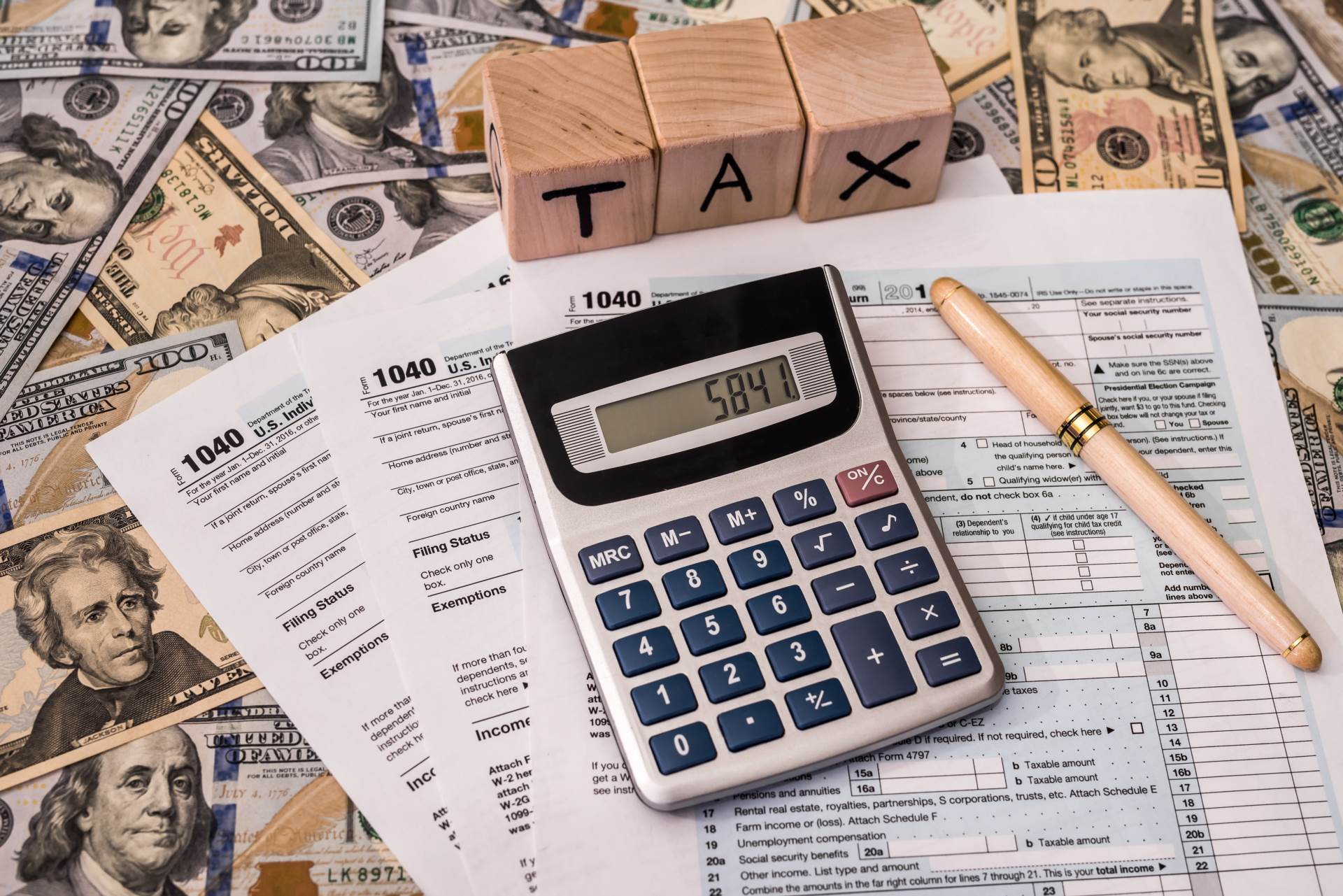
Date Published 29 August 2025
Landlords could potentially soon face yet another financial blow from the government: the possibility of paying National Insurance (NI) on profits from rental income. According to a recent report by The Times, a government leak suggests that such a move could generate £2 billion for the Treasury. Currently, landlords already pay income tax on rental profits, though some expenses can still be offset. NI, on the other hand, is traditionally paid on earned income from age 16 until state pension age. The current thresholds are:
• Payable on income above £242 per week or self-employed profits over £12,570 per year.
• Taxed at 8% for employees and 6% for the self-employed.
• For earnings over £50,270, the rate drops to 2%.
If introduced, this would mark a significant shift in how rental income is taxed—and it's just one of several proposals floated ahead of this autumn's Budget. Other suggestions include stamp duty reform and changes to capital gains tax (CGT) on main residences, all aimed at raising revenue.
Prime Minister Sir Keir Starmer has previously stated that 'working people' will be protected from tax hikes. However, landlords have been explicitly excluded from this category by some members of the government—a move that leaves them vulnerable to new levies like this proposed NI charge.
What This Means for You
While this NI proposal isn't yet law, the fact that it's being considered signals the government's continued push for higher property-related taxes. If introduced, it could fundamentally change the economics of buy-to-let investing.
Stay Ahead with Adams Estates
As your trusted property specialist, Adams Estates will keep you informed about any changes to National Insurance or other key tax regulations affecting landlords. Our goal is to ensure you're always prepared—because in today's property market, knowledge is profit.